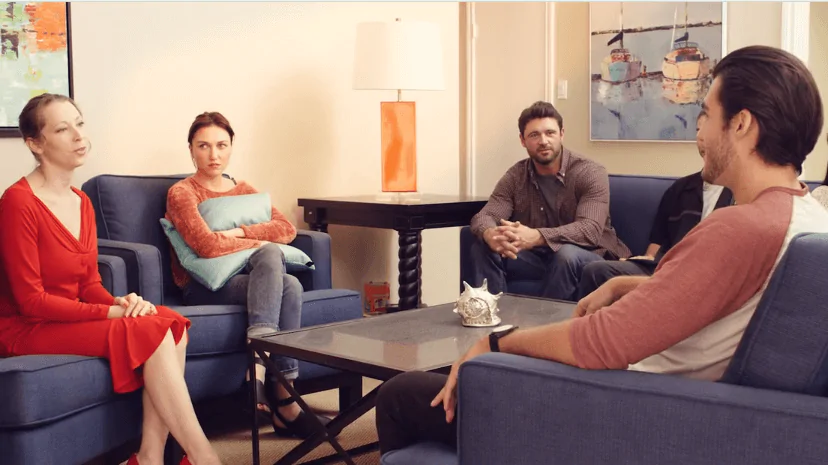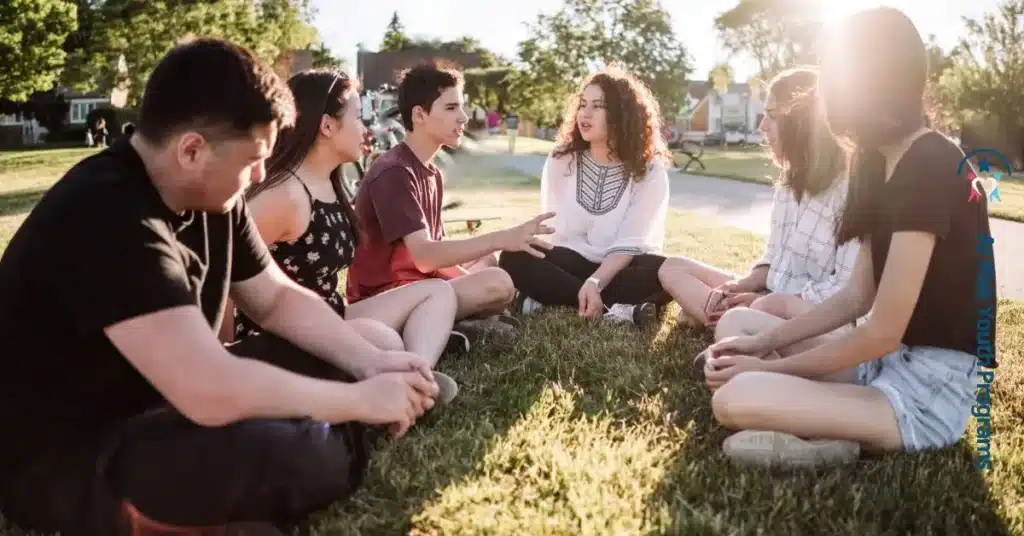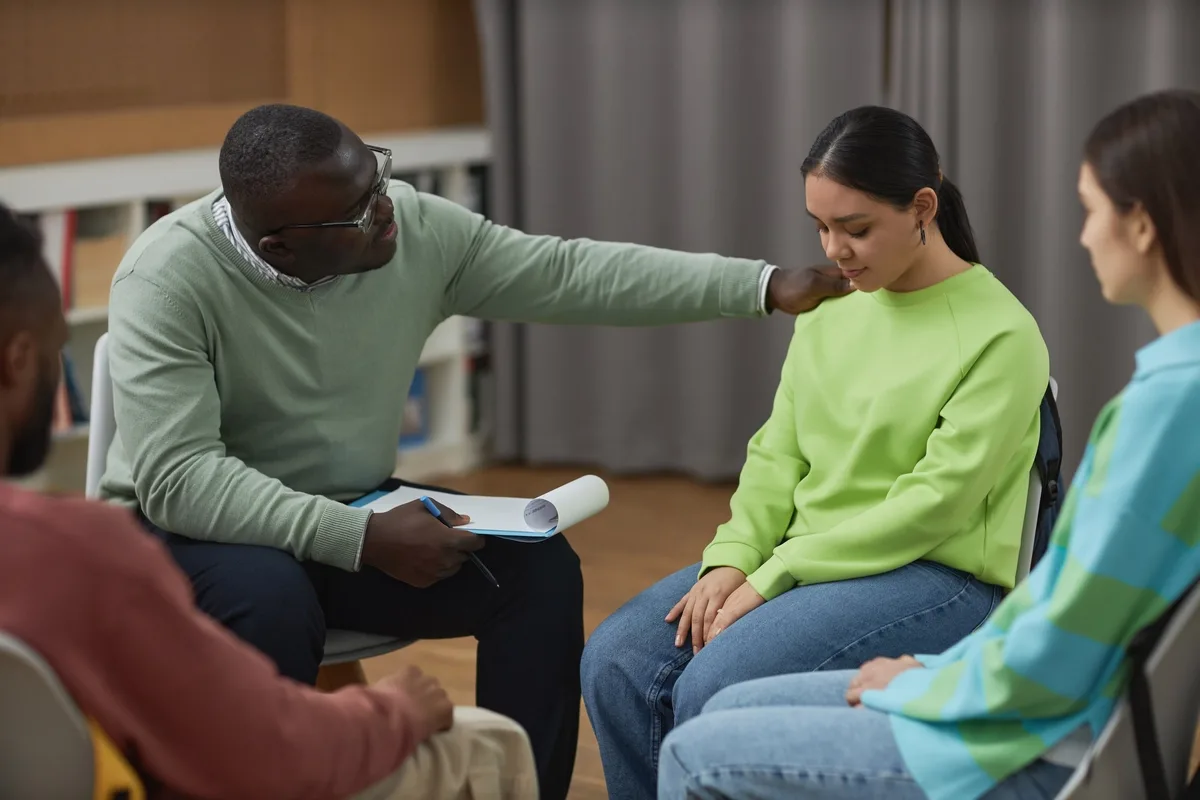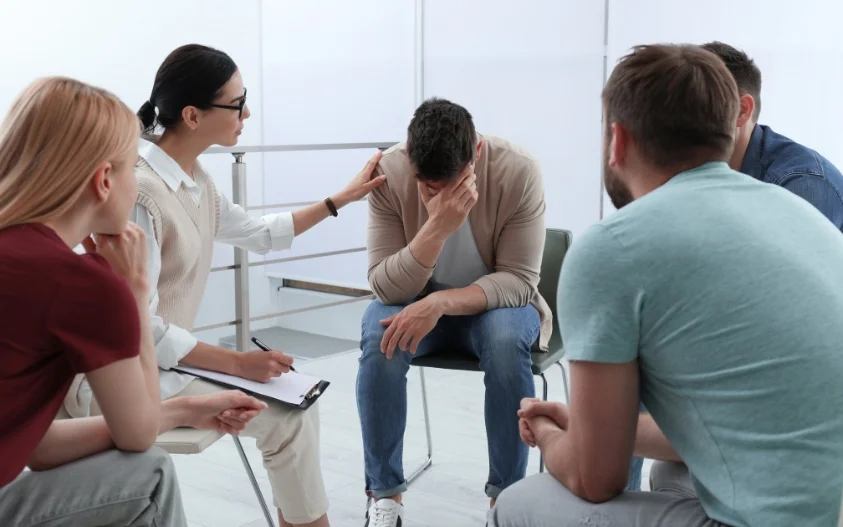24/7 Helpline:
(866) 899-221924/7 Helpline:
(866) 899-2219
Learn more about Residential Rehab centers in Red Wing
Residential Rehab in Other Cities

Other Insurance Options

Choice Care Network

American Behavioral

MHNNet Behavioral Health

Aetna

AllWell

BlueCross

Premera

WellCare Health Plans

Sutter

BlueShield

Meritain

Group Health Incorporated

Coventry Health Care

Ceridian

Access to Recovery (ATR) Voucher

Ambetter

Absolute Total Care

ComPsych

Highmark

WellPoint


Wenden Recovery Services
Wenden Recovery Services is a private rehab located in Red Wing, Minnesota. Wenden Recovery Services...

Common Ground Treatment
Common Ground Treatment is a private rehab located in Red Wing, Minnesota. Common Ground Treatment s...





































































Southern Highlands CMHC
Southern Highlands CMHC is a private rehab located in Welch, West Virginia. Southern Highlands CMHC ...

Southern Highlands Community Mental Health Center
Southern Highlands Community Mental Health Center offers regular physician's services, OBMAT, DUI cl...

















































